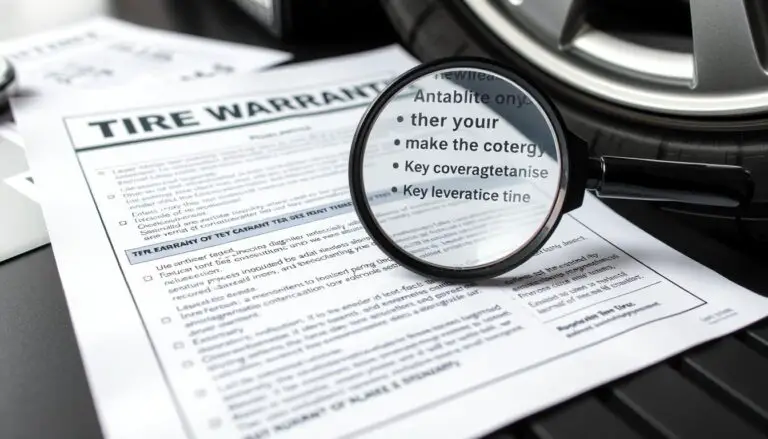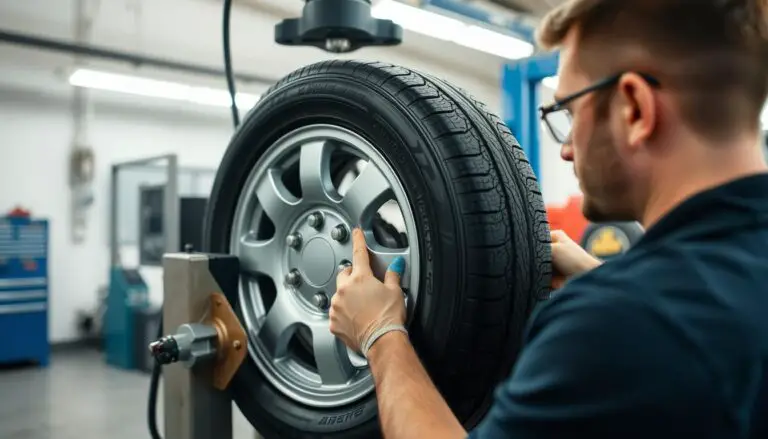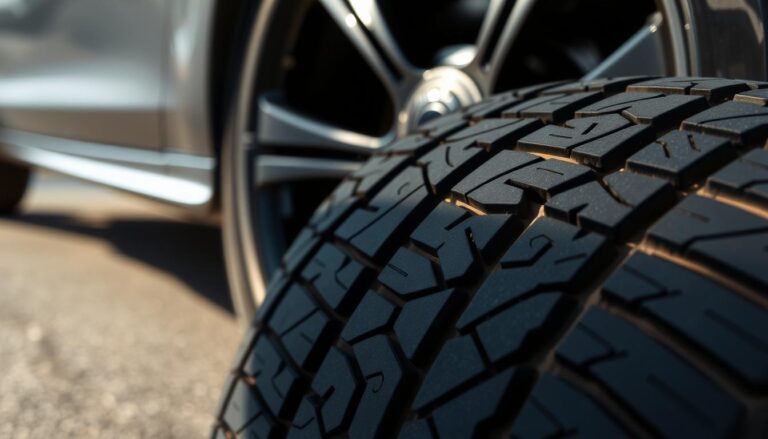Modern vehicles come equipped with various amenities, including the car power outlet, which allows drivers to charge their devices on the go. However, using this outlet effectively requires some knowledge.
For many car owners, the 12V power outlet is a convenient feature that can be used to power a variety of devices, from smartphones to GPS devices. But it’s crucial to understand its limitations and safety precautions to avoid any potential risks.
To learn more about the specifics of your vehicle’s electrical system, such as the location of the cigarette lighter in your Tesla Model Y, it’s essential to consult your owner’s manual or a reliable guide.
Key Takeaways
- Understand the purpose and limitations of your car’s 12V power outlet.
- Learn about the safety precautions to avoid potential risks.
- Familiarize yourself with your vehicle’s electrical system.
- Consult your owner’s manual for specific guidance.
- Use the car power outlet effectively for your needs.
Understanding Your Car’s 12V Power Outlet
Understanding the 12V power outlet in your vehicle is crucial for safe and effective use. The 12V power outlet has become a standard feature in modern vehicles, providing a convenient way to power various devices on the go.
What Is a 12V Power Outlet?
A 12V power outlet, also known as a car charger or accessory outlet, is a socket in your vehicle that supplies electrical power to devices. It is designed to provide a stable 12-volt DC power source.
History and Evolution from Cigarette Lighters
Originally, 12V power outlets were designed as cigarette lighters. Over time, they evolved to become more versatile, allowing users to power a wide range of devices beyond just cigarette lighters.
Power Capabilities and Limitations
The power capabilities of a 12V outlet depend on the vehicle’s electrical system. Most outlets are rated for a specific maximum current, typically 10 or 15 amps.
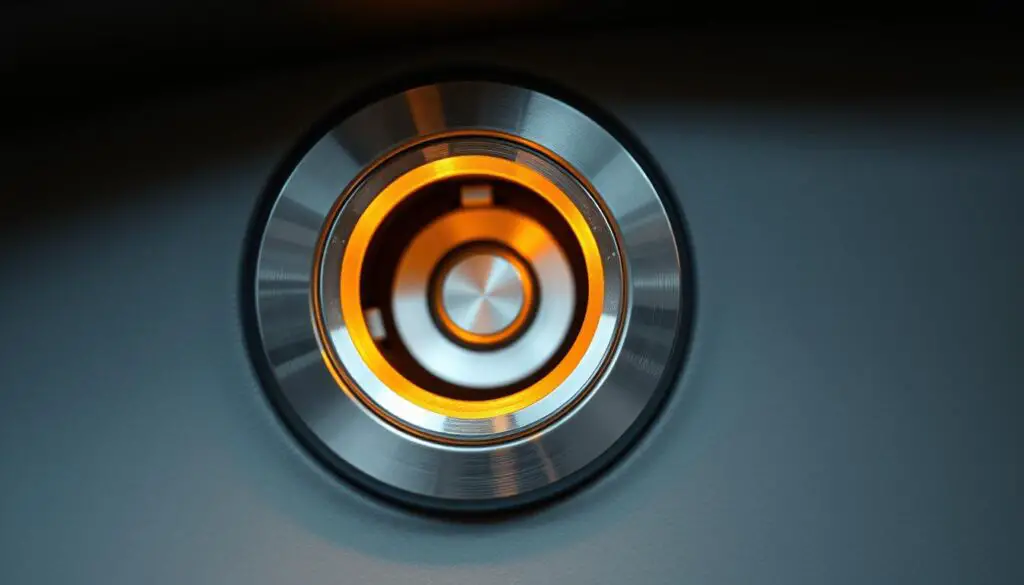
| Outlet Rating | Maximum Power | Typical Use |
|---|---|---|
| 10 Amps | 120 Watts | Smartphones, GPS devices |
| 15 Amps | 180 Watts | Laptops, portable coolers |
| 20 Amps | 240 Watts | High-power devices, multiple devices |
It’s essential to understand these limitations to avoid overloading the outlet and potentially causing electrical issues in your vehicle.
How to Use 12V Power Outlet in Car Safely
To ensure safe usage of your car’s 12V power outlet, it’s essential to understand its limitations and capabilities. The 12V power outlet is a convenient feature for powering various devices on the go, but it requires careful attention to safety precautions to avoid potential hazards.
Basic Safety Precautions
When using the 12V power outlet, it’s crucial to follow basic safety precautions. Always check the device’s power cord and plug for any signs of damage before inserting it into the outlet. Ensure that the device is compatible with the outlet’s power rating to avoid overheating or electrical shock.
Understanding Amperage Limits
Understanding the amperage limits of your car’s 12V power outlet is vital to prevent overloading the electrical system. Most 12V outlets are rated for 10-15 amps, but it’s essential to consult your vehicle’s manual to confirm the specific rating. For more information on the power capabilities of your car’s 12V outlet, you can refer to discussions on forums like Electricians Forums.
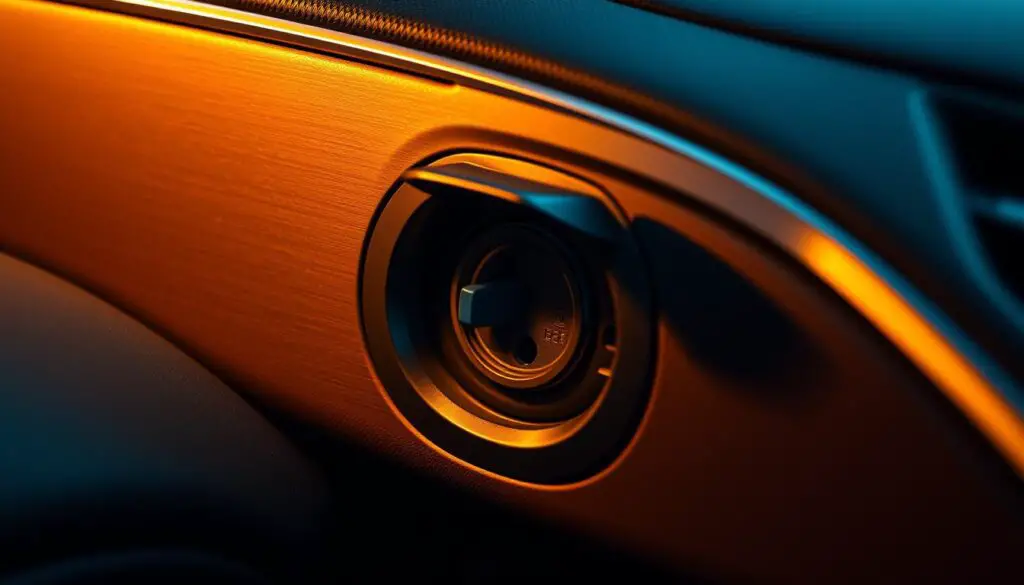
Avoiding Electrical System Overload
To avoid overloading the electrical system, never connect devices that exceed the outlet’s amperage rating. Using multiple adapters or splitters can also increase the risk of overload. Be cautious when using high-power devices, and consider the overall electrical load on your car’s system.
When to Use the Outlet with Engine Off
Using the 12V power outlet with the engine off can drain your car’s battery quickly. It’s generally recommended to use the outlet only when the engine is running to avoid draining the battery. If you must use the outlet with the engine off, limit the usage to short periods and monitor your battery’s condition closely.
Compatible Devices for Your Car’s 12V Outlet
Understanding what devices are compatible with your car’s 12V outlet is crucial for safe and effective use. The 12V power outlet, a standard feature in most vehicles, can power a variety of devices, enhancing your driving experience.
Common Electronics You Can Power
Many common electronics can be powered using your car’s 12V outlet. These include:
- Phone chargers and other small electronics
- GPS devices and navigation systems
- Portable coolers and heaters
- Dash cams and other automotive accessories
Devices to Avoid Using
While the 12V outlet is versatile, there are devices you should avoid using to prevent damage or safety hazards:
- High-power devices that exceed the outlet’s amperage rating
- Laptops and other devices requiring AC power without a suitable inverter
- Devices with unknown or high power requirements
Understanding Power Requirements
To ensure safe usage, it’s essential to understand the power requirements of your devices. Check the device’s label for its power consumption in watts or amps.
Reading Device Labels for Compatibility
Always read the device label to ensure it is compatible with your car’s 12V outlet. Look for devices that are rated for 12V DC and do not exceed the outlet’s power rating.
| Device | Typical Power Consumption | Compatible |
|---|---|---|
| Phone Charger | 5-10W | Yes |
| GPS Device | 5-12W | Yes |
| Laptop | 30-90W | No (without inverter) |
Step-by-Step Guide to Using Your 12V Outlet
To make the most of your vehicle’s 12V power outlet, it’s essential to understand how to use it correctly. This guide will walk you through the process, ensuring safe power usage and maximizing the utility of your car’s electrical system.
Preparing Your Device for Connection
Before plugging any device into your car’s 12V outlet, ensure it’s compatible and ready for use. Check the device’s power requirements and compare them to the outlet’s capacity. Most 12V outlets are designed to handle devices that require up to 10 amps of power.
- Verify the device’s voltage and amperage requirements.
- Ensure the device is turned off before connecting it to the outlet.
- Check for any damage to the device’s plug or the outlet.
Proper Insertion and Connection Techniques
Inserting devices into the 12V outlet requires care to avoid damaging the outlet or the device. Align the plug with the outlet and gently push it in until it’s fully seated. Avoid forcing the plug, as this can cause damage.
Using the Outlet While Driving vs. Parked
The 12V outlet can be used both while driving and when parked. However, using it while driving is generally safer for devices that are designed to operate with the engine running, as it reduces the strain on your car’s battery.
- Use the outlet with the engine running to conserve battery life.
- Avoid using high-power devices for extended periods when parked.
Disconnecting Devices Properly
When disconnecting devices from the 12V outlet, do so gently to avoid damaging the outlet or the device’s plug. Pulling the cord at an angle can cause wear and potentially lead to a short circuit.
By following these steps, you can ensure vehicle charging and power usage are both safe and efficient, enhancing your overall driving experience.
Essential Accessories for 12V Power Outlets
The 12V power outlet in your vehicle can be made more versatile with various accessories, enhancing your overall driving experience. These accessories can range from simple adapters to more complex devices that convert your car’s DC power to AC power.
USB Adapters and Chargers
One of the most common accessories used with 12V power outlets is USB adapters and chargers. These devices allow you to charge your smartphones, tablets, and other USB-powered devices directly from your car’s outlet. Brands like Anker and Belkin offer high-quality USB chargers that can charge multiple devices simultaneously.
Power Inverters for AC Devices
For devices that require AC power, power inverters are essential. They convert the DC power from your car’s battery to AC power, allowing you to use devices like laptops and portable refrigerators. When choosing a power inverter, ensure it matches the power requirements of your device. You can learn more about power inverters and their applications on Wikipedia.
Multi-Port Adapters and Splitters
Multi-port adapters and splitters are useful for expanding the capacity of your car’s 12V outlet. These devices allow you to connect multiple devices to a single outlet, making them ideal for road trips or when traveling with multiple passengers.
Specialty Adapters for Specific Devices
Some devices require specialty adapters to function properly with a 12V outlet. For example, certain GPS devices or portable compressors may need specific adapters to operate correctly. Always check the manufacturer’s recommendations for compatible adapters.
By incorporating these accessories into your car’s 12V power outlet setup, you can significantly enhance its functionality and convenience.
Troubleshooting Common 12V Outlet Issues
Understanding how to troubleshoot your car’s 12V outlet is essential for safe power usage and ensuring that your devices charge properly. Issues with the 12V outlet can range from the outlet not working to devices charging slowly.
Outlet Not Working
If your 12V outlet is not working, first check the fuse related to the outlet in your car’s fuse box. A blown fuse is a common reason for outlet failure.
Device Charging Slowly or Not at All
When a device is charging slowly or not at all, ensure that the issue isn’t with the device itself by trying it in a different outlet. If the problem persists, inspect the 12V outlet for any debris or damage.
Blown Fuses and How to Replace Them
A blown fuse is a sign of an overload or short circuit. To replace a fuse, you’ll need to purchase a new one with the same amperage rating. Always refer to your car’s manual for the correct procedure.
Testing the Outlet with a Multimeter
For a more technical diagnosis, use a multimeter to test the voltage output of the 12V outlet. This can help determine if the outlet is functioning correctly.
Loose Connections and Fixes
Loose connections can cause charging issues. Check that your device is properly connected to the 12V outlet. If the outlet itself is loose, consult a professional for repair.
When to Consult a Professional
If you’ve tried the above troubleshooting steps and still face issues, it’s time to consult a professional mechanic or auto electrician. They can diagnose and fix more complex problems.
Conclusion
Using your car’s 12V power outlet effectively is crucial for powering your devices on the go. By understanding the capabilities and limitations of your car’s electrical system, you can safely charge your devices without risking damage to your vehicle’s electrical components.
To get the most out of your car’s 12V power outlet, it’s essential to choose the right devices and follow proper usage guidelines. This includes being mindful of the amperage limits and avoiding overloading the electrical system. By doing so, you can enjoy convenient power for your devices while driving or parked.
By following the guidelines outlined in this article on How to Use 12V Power Outlet in Car, you can ensure safe and efficient use of your car’s power outlet. Whether you’re charging your phone, powering a GPS device, or using a car vacuum, understanding how to use your car’s 12V power outlet is key to a hassle-free experience.
FAQ
What is the maximum power output of a standard 12V car outlet?
The maximum power output of a standard 12V car outlet is typically around 120-180 watts, but it can vary depending on the vehicle’s electrical system and the outlet’s specifications.
Can I use a 12V power outlet to charge my laptop?
You can use a 12V power outlet to charge your laptop, but you’ll need a power inverter that can convert the DC power to AC power, as most laptops require AC power to charge.
What types of devices are compatible with a 12V car outlet?
Common devices that are compatible with a 12V car outlet include phone chargers, GPS devices, and other small electronics that are designed to operate within the 12V DC range.
How do I avoid overloading my car’s electrical system when using the 12V outlet?
To avoid overloading your car’s electrical system, make sure to check the power requirements of the devices you’re using and ensure they are within the outlet’s rated capacity. Also, avoid using multiple high-power devices at the same time.
Can I use the 12V outlet when the engine is off?
While it’s technically possible to use the 12V outlet when the engine is off, it’s not recommended as it can drain the car’s battery. If you need to use the outlet with the engine off, make sure to limit the usage to avoid draining the battery.
What should I do if my 12V outlet is not working?
If your 12V outlet is not working, check the fuse associated with the outlet and replace it if necessary. If the issue persists, consult your vehicle’s owner’s manual or contact a professional mechanic for assistance.
Are there any safety precautions I should take when using a 12V power outlet?
Yes, when using a 12V power outlet, make sure to follow proper safety precautions, such as avoiding overheating, using devices that are compatible with the outlet, and keeping the outlet clean and free of debris.
Can I use a power inverter with my 12V car outlet?
Yes, you can use a power inverter with your 12V car outlet to convert the DC power to AC power, allowing you to charge devices that require AC power, such as laptops and power tools.
